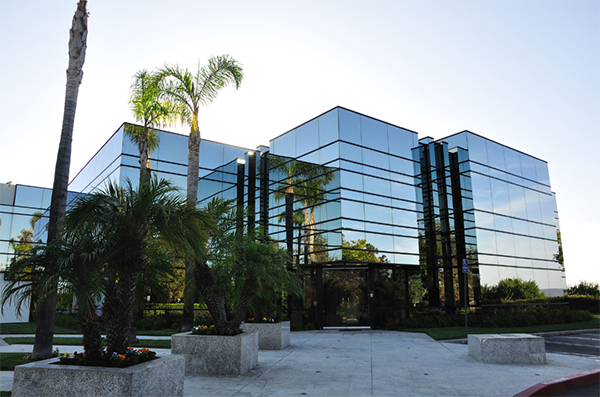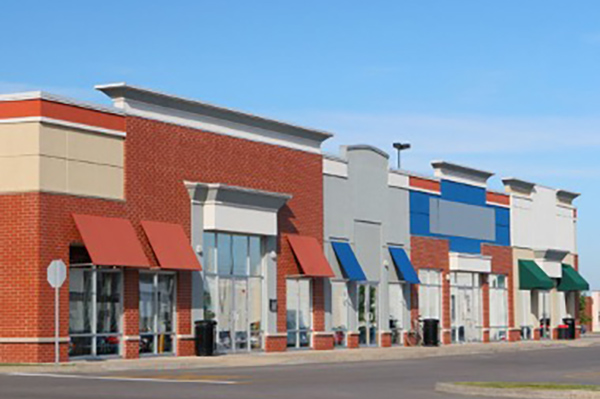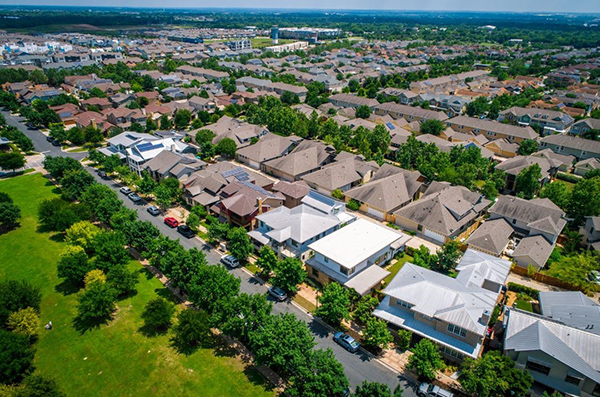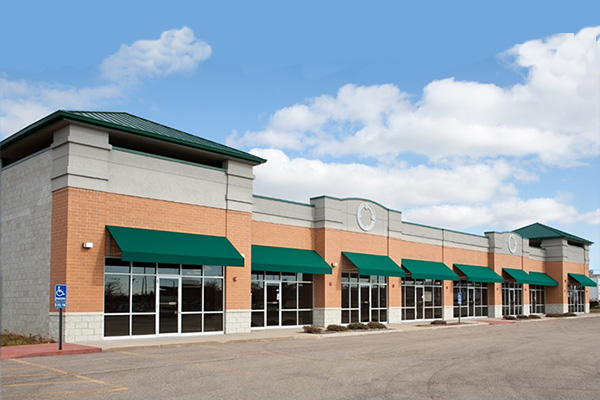Miami mourns the loss of Tibor Hollo, a remarkable figure whose journey from Holocaust survivor to influential real estate developer left an indelible mark on the city’s skyline and community. Born in Budapest, Hungary, on July 13, 1927, Hollo’s early life was tragically shaped by the horrors of World War II. His family’s move to Paris in 1933 did not shield them from the Nazi occupation, and they were subsequently sent to Auschwitz, where his mother tragically perished. Tibor and his father endured further hardship in Mauthausen-Gusen before liberation by U.S. troops in 1945.
Post-war, Hollo pursued architecture in Paris, later immigrating to the United States. His career began humbly in a New York curtain factory, but his ambition and skills led him to establish a contracting company. In 1956, he redirected his focus to real estate development in Miami, founding Florida East Coast Realty.
Hollo’s impact on Miami’s urban landscape was profound. His projects, including the Omni International Mall, Panorama Tower, and the iconic Opera Tower, reshaped the city’s skyline and commercial environment. Beyond buildings, Hollo’s legacy extended to education; he donated $2.5 million to create the Tibor & Sheila Hollo School of Real Estate at Florida International University.
In a 2012 interview, Hollo reflected on his philosophy of success, emphasizing the importance of integrity, conservative financial management, and valuing his workforce. Despite facing personal challenges, including battles with cancer that altered his appearance, Hollo remained steadfast in his principles. “You love me with it, or you don’t like me with it. It makes no difference,” he remarked with characteristic resilience.
Tibor Hollo’s life story is a testament to resilience, entrepreneurship, and community stewardship. His contributions to Miami and beyond stand as a testament to what can be achieved through determination, vision, and a commitment to excellence. As Miami bids farewell to a visionary leader, his legacy will continue to inspire generations to come.
Reference Article: https://wrenews.com/tibor-hollo-a-holocaust-survivor-who-changed-miamis-skyline-dies-at-96/










